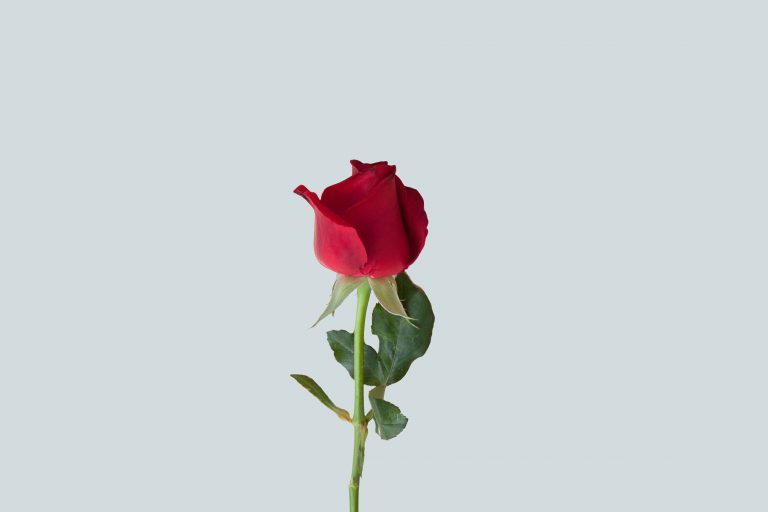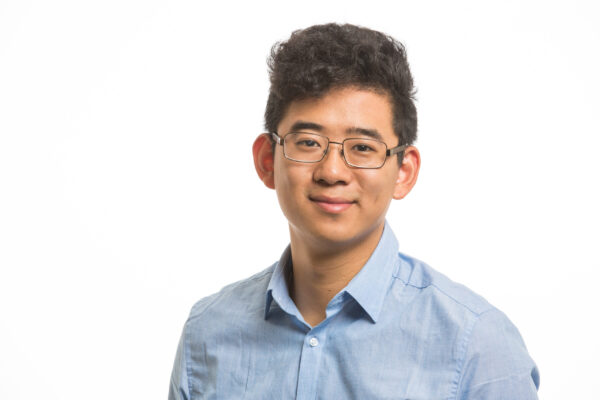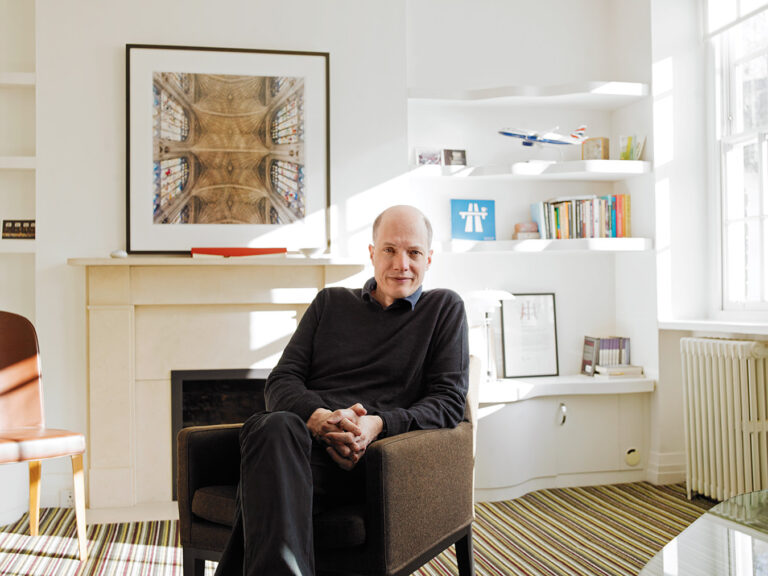
Image by Skaman306/Getty Images, © All Rights Reserved.
Honor Your Heart (And Other Lessons From The Bachelor)
Thirty women competing for the affections of one man: it’s a premise born of one’s nightmares or dreams. The Bachelor is our culture’s lust for love, manifest in a reality TV show — one often panned as vapid and heteronormative; a source of traditional gender roles and an exploiter of women’s emotionality and vulnerability as fodder for ratings. Yikes.
I am a new viewer, an initiate into “Bachelor nation,” what host Chris Harrison calls the show’s millions of fans and viewers. The Bachelor is, of course, highly produced, and I worry about the expectations it sets for our cultural understanding of romance. Not every person gets to take two months out of their life to try and fall in love in Italy or France. Maybe the desire to watch stems from the distance between fantasy and the messy reality of our own lives. But even if the show sets an unrealistic standard for dating, I believe it can teach us about love, profound connection, and finding partners who are right for us. Stay with me.
In the episode “The Women Tell All,” all the former contestants are brought together to discuss various developments from the season: heartbreak, friendship, a missing person listing, and interpersonal disputes, much of which was fueled by this season’s villain, Krystal. From calling other women desperate and withholding information to interrupting the bachelor, Arie, as he spent alone time with other contestants, Krystal behaved in ways that led both Bachelor Nation and the other contestants to shun her. Yet in the final moments of her tell-all, Krystal said something revealing:
“I think that looking back I really was seeking control, because I didn’t have that growing up. And it gives me a sense of safety, and I think I was just very focused on filling that need so much that I couldn’t see past that, and I couldn’t see the other women and how I was impacting them. For that, I’m sorry.”
More than simple apology, Krystal explains her behavior as rooted in her upbringing, and ultimately, a reflection of what psychologists call “attachment style.” As neuroscientist Amir Levine and psychologist Rachel Heller explain in their book, Attached, attachment style is a reflection of the human attachment system. This is the system that tracks and monitors the safety and availability of attachment figures — caregivers as children, intimate partners as adults — those who “literally regulate our blood pressure, our heart rate, our breathing, and the levels of hormones in our blood.” This means that our attachment figures play a critical role in regulating our psychological and emotional well-being: Because of the effects that attachment figures have on our vital systems and biology, once we choose someone as an attachment figure, dependency on that figure always emerges.
Unfortunately, we do not get to choose our attachment style. Levine and Heller explain how our life experiences inform which one of the three primary attachment styles — secure, avoidant, or anxious — we develop. The way our parents cared for us during childhood is a particularly crucial factor and can determine our behavioral patterns within intimate relationships as adults. For those growing up in situations of precarity, in which caregivers do not provide a stable foundation of love, avoidant or anxious attachment often emerges.
Krystal — based on her descriptions of seeking control and safety in her relationship with Arie — exhibits anxious attachment, which is characterized by a preoccupation with one’s relationship, a tendency to worry about a partner’s ability to love, and constant vigilance on when a relationship is threatened. So when 29 other women are vying for the affection of Arie, her attachment figure no longer feels safe or available. This destabilizes her attachment system and results in “protest behavior”: attempts to reestablish contact with an attachment figure, including acts of hostility, withdrawal from that figure in order to draw their attention, and attempts to make them jealous — all of which Krystal exhibited as the season progressed.
Our culture might more simply describe the protest behaviors associated with anxious attachment as “needy.” They’re certainly pejoratives Krystal herself called other women when describing them as “desperate.” Yet from the lens of attachment theory, Krystal’s behavior is explainable, a reflection of her anxious attachment style. She is victim to forces outside her control.
In hindsight, Krystal knew:
“I guess perhaps, looking back, me dating a guy who’s dating multiple other women whom I’m living with, probably isn’t the best circumstance for me.”
Dating culture often condemns needs. We use the word “needy” to describe a partner who is too much work. But the act of giving your love deserves nothing other than reciprocity and the embodied knowing that it will be received, honored, and cherished. As professor Naava Smolash says, to honor one’s needs is to challenge the socialized shame that so readily emerges when we feel unable to acknowledge our heart in fear of being unlovable — but feelings and needs as truth of human biology provides grounding for that process to begin.
The good news is that even with an anxious attachment style, one can develop a more secure attachment. Developing the self-awareness to honor one’s needs within a relationship — and finding partners who validate these needs — is the first step. As the psychologist Leslie Becker-Phelps says, developing a relationship with one “emotionally available attachment figure” — someone you feel accepted and protected by, such as a family member, friend, clergy person, even God — provides a figure to turn to “in times of distress.” Another approach is “to directly nurture a part of yourself that makes you more aware of your experiences and to respond to those experiences in a more accepting and compassionate way.” She calls this compassionate self-awareness: that we are gentle with ourselves, that our feelings are shared by others, and that we can gain awareness of our thoughts and feelings without being overwhelmed by them.
We can take these lessons when choosing the partners for our lives. What happens when we honor our needs and know we are worthy and capable of love? What happens when we humanize the easily-made villains of our nation’s media diet? We move into wholeness. We move toward a more holistic love.

